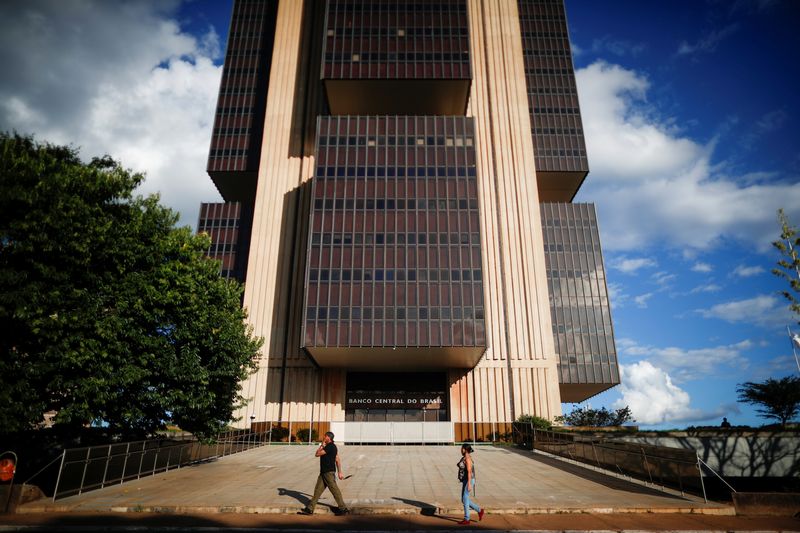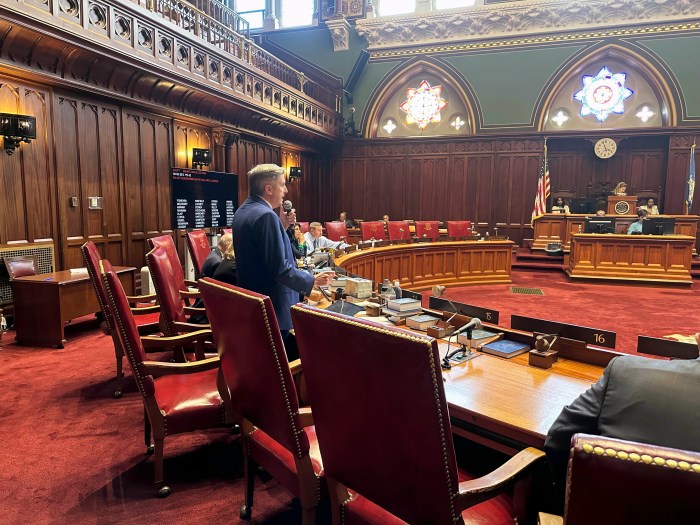By Marcela Ayres
BRASILIA (Reuters) -Brazil’s central bank said on Tuesday that its interest rate hikes have yet to impact inflation and activity, but highlighted that worsening inflationary conditions justified a possible extension of its aggressive monetary policy cycle.
In the minutes of the meeting held May 3-4, when the rate-setting committee known as Copom raised the benchmark rate to 12.75%, policymakers emphasized that the current cycle “was quite intense and timely”, with “much of the expected contractionary effect and its impact on current inflation” still to be seen.
Still, the central bank stressed that both the short-term inflationary dynamics and the longer-term projections worsened, paving the way for a likely extension of the cycle, with an adjustment of lower magnitude in June.
“This strategy was deemed more appropriate to ensure the convergence of inflation over the relevant projection horizon, as well as the anchoring of longer-term inflation expectations,” said the central bank, adding that it reinforces the cautious monetary policy stance and emphasizes the uncertain scenario.
Policymakers had last week flagged a smaller rate increase next month after raising rates by 100 basis points amid double-digit inflation and price expectations drifting further above official targets.
Surging commodity prices and disrupted global supply chains affected by the war in Ukraine have fueled Brazilian inflation, which reached 12% in the 12 months to mid-April. Adding to pressure, state oil firm Petrobras announced on Monday it would increase diesel prices by 8.9%.
In the minutes, the central bank said that recent shocks led to a strong increase in components associated with food and fuels, with the increase in gasoline prices having greater and faster impact than expected.
It also said that although economic growth came in line with its expectations, the tightening of financial conditions brings a risk of greater than-anticipated deceleration in the quarters ahead.
(Reporting by Marcela AyresEditing by Chizu Nomiyama)



















